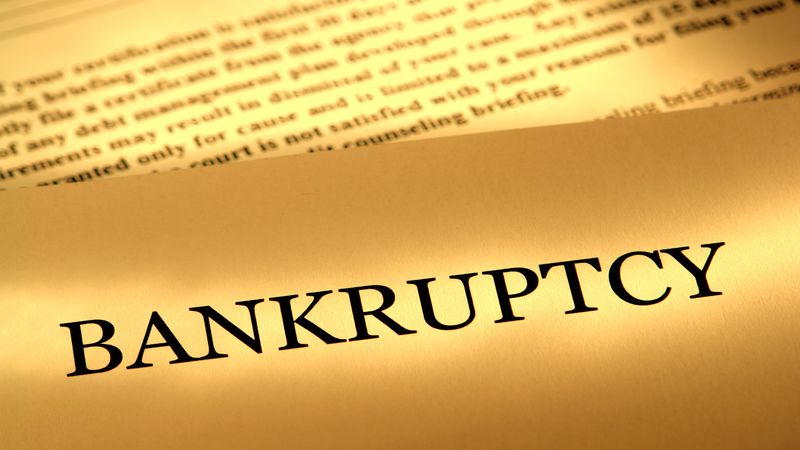Bankruptcy is a process by which businesses and consumers can repay or eliminate debt with the protection of the local bankruptcy court. The rules for businesses and individuals are slightly different, but the procedures are much the same. Bankruptcy in America comes in two types, which are listed below:
* Reorganization bankruptcy requires the debtor to file a payment plan with the court. Some debts must be fully repaid, while others require partial or no payment.
* Liquidation bankruptcy allows consumers or businesses to eliminate some of their debts. In return, their property or assets are liquidated, with the proceeds used to pay down the debt.
In this article, will discuss the differences between the bankruptcy chapters, and we will tell you when to file for each.
Differences Between Chapter 13 and Chapter 7
Chapter 7 is liquidation bankruptcy, while Chapter 13 allows debtors to reorganize. Debts are not discharged under Chapter 13, but payments are lowered to a reasonable level. Some non-secured debts can be eliminated, but if you owe over $250,000 in unsecured debt and $750,000 under collateral, you must file for Chapter 11.
When to File Chapter 13
If you have debts that cannot be eliminated under Chapter 7, or if you’re in default on a car loan or mortgage, you should file for Chapter 13 bankruptcy. Those who have property over the exemption limit are also good candidates.
Chapter 13 Factors
Businesses and individuals filing for Chapter 13 should consider the following facts:
* This type of bankruptcy can stop foreclosures, catch up mortgage payments and help you remain in your home.
* Filing stops creditor harassment immediately
* You must budget well while your case is ongoing, as required by the court
* Many debtors (over 50%) drop out before completing the payment plan
* Wages can be garnished at any time during the case
* Chapter 13 can remain on your credit report for up to a decade. After you complete your case, you can go through a court-sponsored or third-party program to rebuild your credit rating.
Should I Hire a Bankruptcy Attorney?
When compared to Chapter 13, Chapter 7 requires less work and sacrifice on your part. Only a bankruptcy attorney can help you determine whether Chapter 7 or Chapter 13 is the right choice for you.







